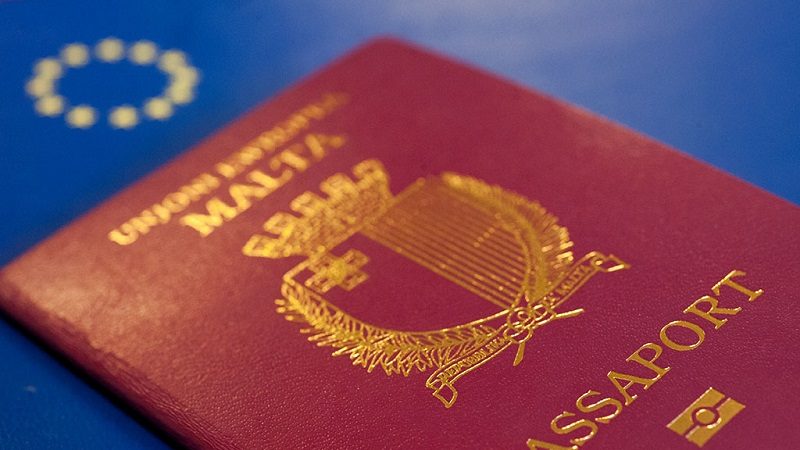The UK has announced its intention to halt its ‘golden visa’ scheme as a part of a nation wide crackdown on money laundering.
For £2 million, foreign nationals could purchase a visa and indefinite leave to remain after a period of five years, but the scheme will be suspended with immediate effect following an announcement by Immigration Minister Caroline Noakes.
“We will not tolerate people who do not play by the rules and seek to abuse the system. That is why I am bringing forward these new measures which will make sure that only genuine investors, who intend to support UK businesses, can benefit from our immigration system,” said Noakes in a statement.
Since the Tier 1 Investor Visa scheme was introduced in 2008, thousands of mainly Chinese and Russian investors have been granted visas, with a peak of 1,172 approvals in 2014. Requirements of the scheme included applicants having a UK bank account and being of “good character”, but it seems that these were not enough to deter criminals from slipping through the net.
The Migration Advisory Committee said the scheme had brought none of the predicted economic benefit for UK citizens, as most recipients of the visa were purchasing gilts (fixed-interest loan securities issued by the UK government) to qualify for the financial obligations of the scheme, rather then investing in the country.
This situation bears a striking similarity to the situation in Malta where wealthy cash-for-passport investors are renting hovels with fraudulently inflated prices that they will never set foot in, just to satisfy the property requirements of the Individual Investor Programme (IIP), as Malta’s cash-for-passport scheme is known.
This announcement from the UK comes after the European Commission said earlier this year that tougher guidelines will be published soon to regulate golden passports as the European Commission was “extremely concerned” with the issue. Malta and Cyprus were among the countries of concern highlighted by Justice Commissioner Věra Jourová.
The UK will eventually resume its golden visa programme, but with significant changes to the process, requirements, and due diligence that is carried out on each individual applicant.
The global super rich that hope to invest in and live in the UK, will have to provide in-depth audits of their financial and business interests, and show they have been in full control of the £2 million required to obtain the visa for two years. Investors will no longer be able to invest in government bonds as a part of the reforms, and must instead invest in trading and active UK businesses.
In other words, the UK has taken serious action towards rectifying glaring flaws within its golden visa programme, the same flaws which the Maltese government glosses over and ignores. Instead of being responsible and taking steps to prevent illegality and the island being used as a base for money laundering, they continue to reap the monetary benefits of the obligatory investments.
The Maltese scheme has received a lot of international criticism, including a report from Transparency International and Global Witness that stated the country “needs to increase transparency and accountability in the management of contributions and decision making, particularly by limiting the discretion of public officials. Otherwise, the programme is at risk of benefiting the few to the detriment of many.”
Malta also received condemnation from the OECD that flagged it as a high-risk jurisdiction that threatened international efforts to combat tax evasion.












